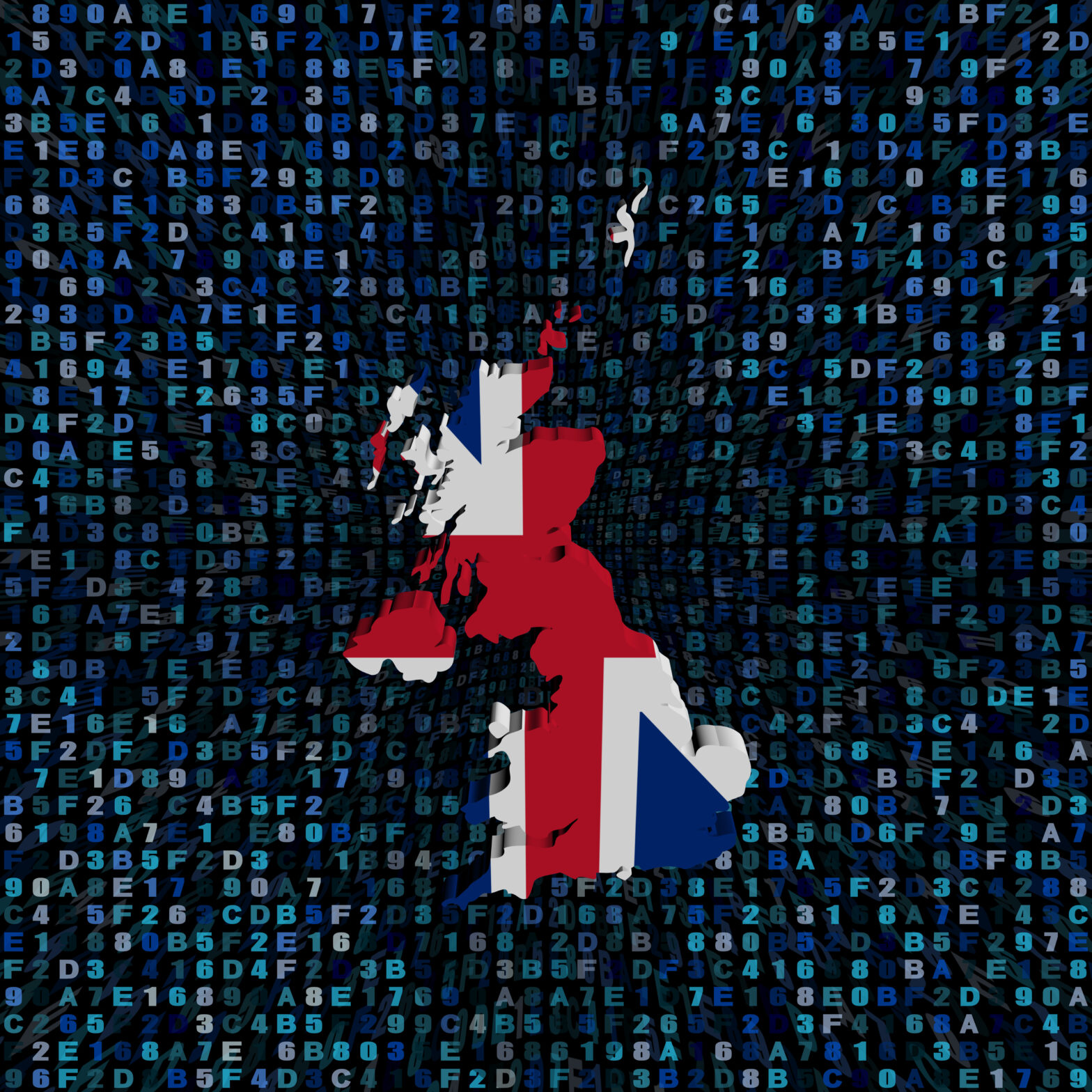Almost a third (30%) of the general public would welcome the right to get their personal data erased from records held by political parties and associated organisations, according to a poll of UK attitudes commissioned by SAS.
With political parties increasingly targeting voters based on demographic and psychographic information, the study investigated attitudes around how voters’ personal data is being handled by political parties, alongside their willingness to share political preferences.
>See also: The UK government needs to take advantage of data’s golden age
The research reveals that the older you get, the more likely you are to want your data erased from political party records. Just 17 per cent of 18-34-year-olds would want their data erased from political parties. Yet, this rises to 25% of 35-44-year-olds, and then to 37% for those aged over 45 years.
Just over one in five (22%) of those aged over 25 would also welcome the right to regain access to any of their personal data held by political parties and organisations. Interestingly, this drops to one in 10 in the 18-24-year-olds category.
Nearly a third (30%) of consumers want to ask political parties to stop using their data or historical research for profiling and marketing purposes. Those in the South East (37%) and Yorkshire and the Humber (31%) are the most likely to ask political parties to stop using their data for marketing purposes.
>See also: How achievable is the Government Transformation Strategy?
By contrast, Londoners are the least likely to ask political parties to stop using their data for marketing purposes, with just 24% interested in having their data removed. The South West is in consensus with London at 26%.
“Political parties are increasingly turning to sophisticated micro-targeting techniques to target voters with tailored messages but need to get to a consensus of one when it comes to personal data,” said Charles Senabulya, vice president and country manager for SAS UK & Ireland.
“It is no longer enough to establish one data capture and analytical policy that works for everyone. Individuals have different attitudes over how their data is used. It is imperative that political parties understand how each voter wants their data to be used and honour that wish. This is no longer a nice to have, come May 2018 this will be law in the UK2.”
>See also: The UK’s top 50 data leaders 2017
When it comes to sharing their political preference with their favourite brands in return for an upgraded service, just eight per cent would be willing to share their political preference and seven per cent would share their voting history.
Consumers in Wales (12%), North East (11%) and Yorkshire and the Humber (10%) were the most willing to share their political preference with brands, with one in ten prepared to share their alliance for preferential service and discounts.
The UK’s largest conference for tech leadership, Tech Leaders Summit, returns in September with 40+ top execs signed up to speak about the challenges and opportunities surrounding the most disruptive innovations facing the enterprise today. Secure your place at this prestigious summit by registering here







